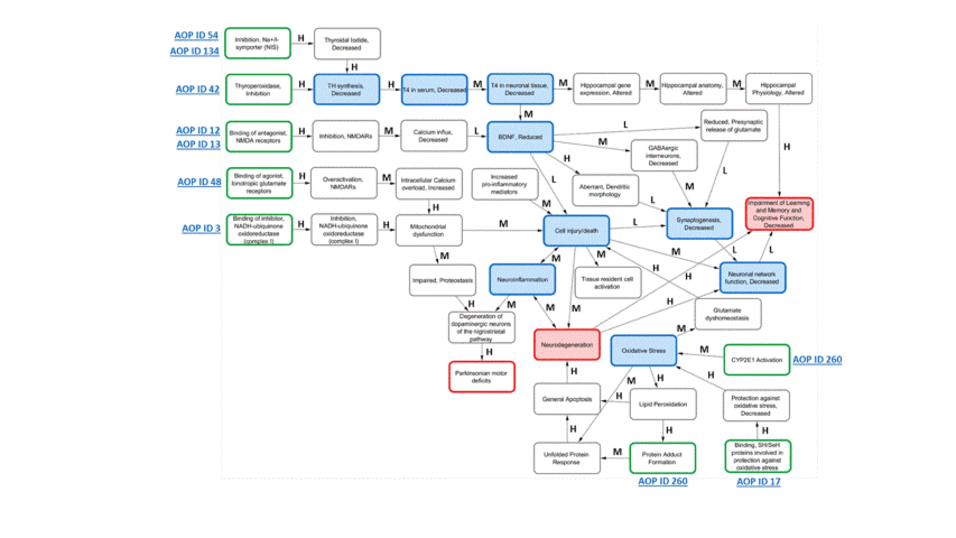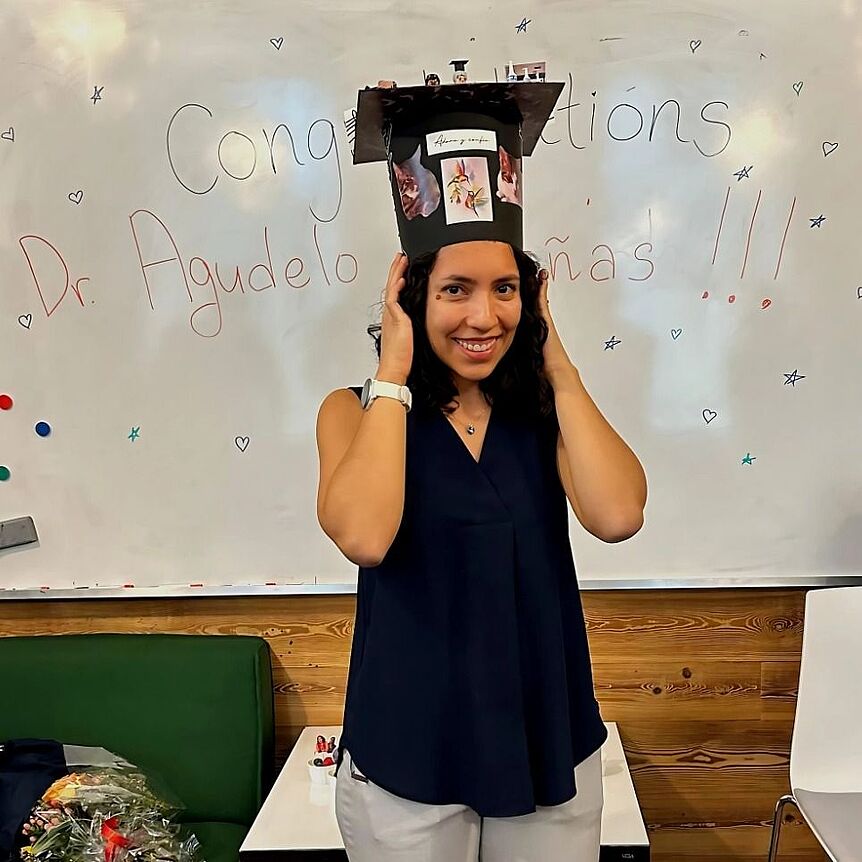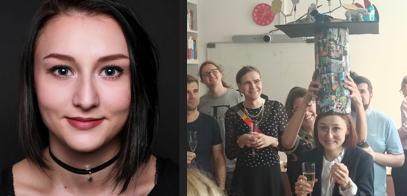The Doctoral Program ION CHANNELS AND TRANSPORTERS AS MOLECULAR DRUG TARGETS („MolTag“) is pleased to invite you to the following lecture
“Where Next in Computational Toxicology:
The Challenge of Supporting Quantitative Risk Assessment”
by Prof. Mark CRONIN
School of Pharmacy and Biomolecular Sciences, Liverpool John Moores University, UK;
on: Friday, January 27, 11:30 a.m.
at: UZA 2, Josef Holaubek-Platz 2, 1090 Vienna, Lecture Hall 7 (HS 7)
Host: Prof. Gerhard ECKER
ABSTRACT: Computational toxicology aims to predict potentially harmful effects following exposure to a substance. It supports the risk assessment of new compounds including pharmaceuticals, pesticides, cosmetics and personal product ingredients and fine chemicals. The use of computational toxicology has become fundamental in the achieving the ambition of animal-free assessment - but there is a still a long way to go. This talk will describe some of the successes of computational toxicology and areas where it had so-far failed to live up to expectations. More importantly, it will show what we can learn from previous experience. It will illustrate attempts to quantify information from Adverse Outcome Pathways (AOPs), such as the modelling of the molecular initiating events and development of quantitative AOPs (qAOPs), with a focus on (developmental) neurotoxicity.
RESEARCH PROFILE: Mark Cronin is Professor of Predictive Toxicology at the School of Pharmacy and Biomolecular Sciences, Liverpool John Moores University, UK. He has over 30 years' experience in the application of in silico approaches to predict the toxicity and fate of chemicals; in addition to development of strategies to develop alternatives to whole animal testing for toxicity. His current research includes the application of chemical grouping and read-across to assess human health and environmental endpoints, particularly the quantification of Adverse Outcome Pathways (qAOPs) to inform safety decisions. This research effort has resulted in four books and over 300 publications in all areas of the use of (Q)SARs, expert systems, read-across and qAOPs to predict toxicity. He has worked in numerous projects in this area including more than fifteen EU framework projects, as well as assisting in the uptake of in silico methods for regulatory purposes.
Contact: Doctoral Program MolTag, Dept. of Pharmaceutical Sciences; http://moltag.univie.ac.at/, Office.moltag@univie.ac.at, phone: 01 4277 55320




